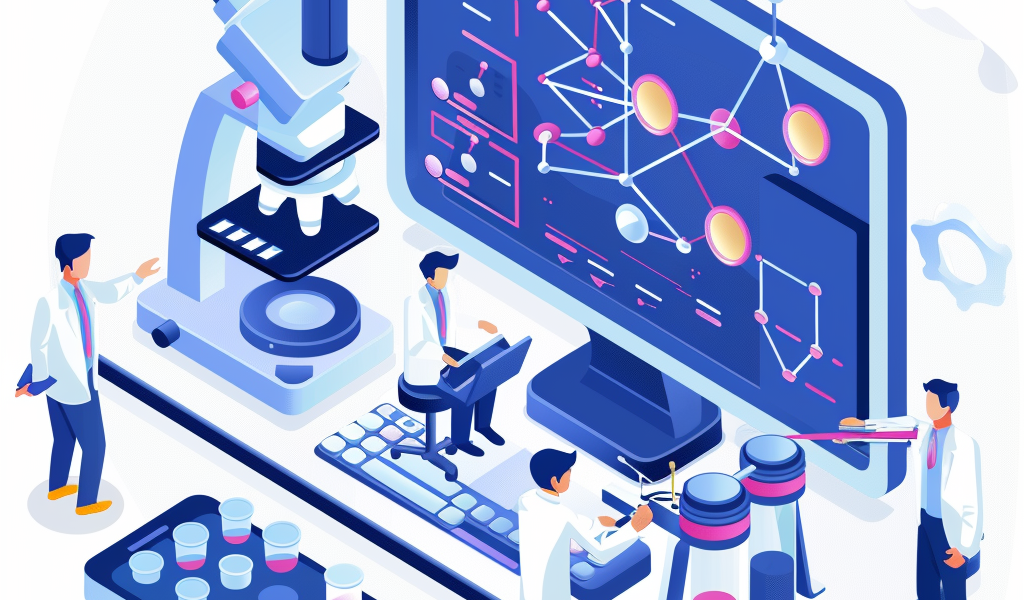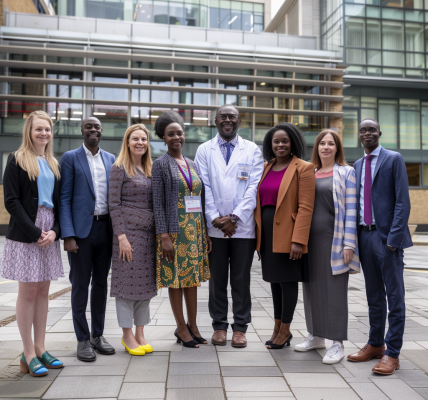In a groundbreaking development in the fight against cancer, a team of scientists led by Arizona State University has created an AI-based learning tool called HLA Inception. This tool has the potential to revolutionize personalized cancer treatments by uncovering new insights into how an individual’s immune system responds to foreign cells.
The research, published in the journal of Cell Systems, focuses on a group of proteins known as major histocompatibility complex-1 (MHC-1). These proteins play a crucial role in alerting the immune system to foreign invaders within the human body.
Using the AI-based tool, the research team was able to classify the specific group of proteins unique to an individual and predict whether a person’s immune defenses may recognize pieces of threatening viruses and cancers in a matter of seconds. This advancement has the potential to significantly expedite the process of making predictions on pathological outcomes of patients, such as their survival against certain cancer medicines, based on the molecular details that an individual is born with.
According to Abhishek Singharoy, assistant professor in ASU’s School of Molecular Sciences and the lead researcher of the study, ‘Understanding this individualized molecular interaction information holds tremendous promise for creating new personalized cancer medicines with the potential to transform patient care.’
One of the challenges in understanding the mechanisms of the immune system and developing advanced cancer vaccines lies in unraveling the complexities of MHC-1 protein preferences. These proteins have specific preferences for the types of protein fragments they interact with, and being able to predict which peptides will bind effectively to which MHC-I molecules is crucial for advancing our knowledge of the immune system and developing more advanced cancer vaccines.
The research team analyzed nearly 6,000 MHC-1 complexes and discovered patterns that can identify these preferences and predict immune responses across a broad range of human populations. This breakthrough has the potential to pave the way for the development of new personalized cancer medicines and treatments that could significantly improve patient care.





